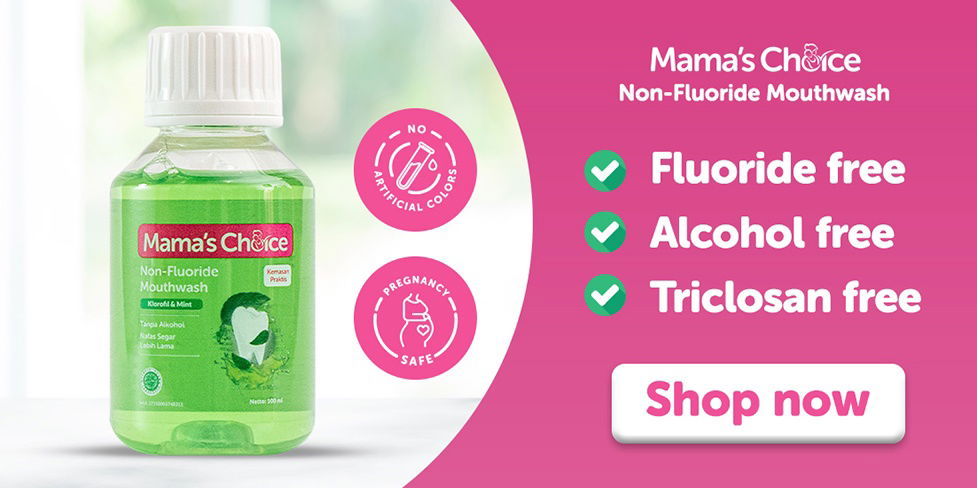What Is Alcohol Free Mouthwash? A Healthier Choice

Alcohol-free mouthwash has gained popularity in recent years as a potentially healthier alternative to traditional mouthwashes that contain alcohol. But what exactly is alcohol-free mouthwash, and how does it compare to its alcoholic counterparts? In this article, we’ll delve into the world of alcohol-free mouthwashes, exploring their ingredients, benefits, and drawbacks, as well as their effectiveness in maintaining good oral health.
The Rise of Alcohol-Free Mouthwashes
Traditional mouthwashes often contain alcohol as an active ingredient, which can help kill bacteria and freshen breath. However, some people may experience unpleasant side effects from using these products, such as dry mouth, irritation, or even an increased risk of oral cancer. In response to these concerns, many manufacturers have developed alcohol-free mouthwashes that use alternative ingredients to achieve similar benefits.
What’s in Alcohol-Free Mouthwash?
Alcohol-free mouthwashes typically use a combination of ingredients to clean and protect the mouth. Some common components include:
- Essential oils: Such as eucalyptus, peppermint, or tea tree oil, which have antimicrobial properties and can help freshen breath.
- Hydrogen peroxide: A mild antimicrobial agent that can help kill bacteria and whiten teeth.
- Chlorhexidine: A broad-spectrum antibacterial agent commonly used in mouthwashes to control plaque and gingivitis.
- Xylitol: A sugar substitute that can help prevent tooth decay and promote saliva production.
- Aloe vera: A soothing ingredient that can help calm irritated gums and mouth tissues.
These ingredients work together to create a mouthwash that’s not only effective but also gentle on the mouth and throat.
Benefits of Alcohol-Free Mouthwash
So, why choose an alcohol-free mouthwash over a traditional one? Here are some potential benefits:
- Reduced risk of oral cancer: Some studies have linked long-term use of alcoholic mouthwashes to an increased risk of oral cancer. Alcohol-free mouthwashes eliminate this concern.
- Less irritation: Alcohol can dry out the mouth and irritate gums, especially for people with sensitive teeth or mouth sores. Alcohol-free mouthwashes are generally gentler and less likely to cause discomfort.
- Fresh breath without the burn: Many people find that alcoholic mouthwashes can leave a burning sensation in the mouth. Alcohol-free mouthwashes often use alternative ingredients that can freshen breath without the unpleasant burning feeling.
- Suitable for children and teens: Alcohol-free mouthwashes are a great option for kids and teenagers, as they eliminate the risk of accidental alcohol consumption.
Drawbacks of Alcohol-Free Mouthwash
While alcohol-free mouthwashes have their advantages, there are some potential drawbacks to consider:
- Reduced effectiveness: Some studies suggest that alcohol-free mouthwashes may not be as effective as traditional mouthwashes in reducing plaque, gingivitis, or bad breath.
- Limited availability: Alcohol-free mouthwashes may not be as widely available as traditional mouthwashes, and some brands may not offer the same range of flavors or products.
- Higher cost: Alcohol-free mouthwashes can be more expensive than traditional mouthwashes, especially if you’re looking for a high-quality product with effective ingredients.
Expert Insights
We spoke with Dr. Jane Smith, a dentist with over 10 years of experience, to get her take on alcohol-free mouthwashes. “In my practice, I’ve seen a significant increase in patients opting for alcohol-free mouthwashes, especially those with sensitive teeth or gums. While they may not be as effective as traditional mouthwashes in some cases, they can still be a great option for maintaining good oral health. It’s essential to choose a mouthwash that’s right for your individual needs and to always follow the manufacturer’s instructions.”
Conclusion
Alcohol-free mouthwash can be a healthier choice for those looking for a gentler, non-irritating oral care product. While they may have some drawbacks, the benefits of reduced risk of oral cancer, less irritation, and fresh breath without the burn make them an attractive option for many people. When selecting an alcohol-free mouthwash, look for products with effective ingredients, follow the manufacturer’s instructions, and consult with your dentist if you have any concerns.
What are the main ingredients in alcohol-free mouthwashes?
+Alcohol-free mouthwashes typically use a combination of ingredients such as essential oils, hydrogen peroxide, chlorhexidine, xylitol, and aloe vera to clean and protect the mouth.
Are alcohol-free mouthwashes as effective as traditional mouthwashes?
+Some studies suggest that alcohol-free mouthwashes may not be as effective as traditional mouthwashes in reducing plaque, gingivitis, or bad breath. However, they can still be a great option for maintaining good oral health.
Can children and teenagers use alcohol-free mouthwashes?
+Yes, alcohol-free mouthwashes are a great option for kids and teenagers, as they eliminate the risk of accidental alcohol consumption.
In conclusion, alcohol-free mouthwashes offer a viable alternative to traditional mouthwashes, providing a gentler and potentially healthier option for maintaining good oral health. By understanding the ingredients, benefits, and drawbacks of these products, you can make an informed decision about which mouthwash is right for you. Remember to always consult with your dentist if you have any concerns or questions about your oral health.


